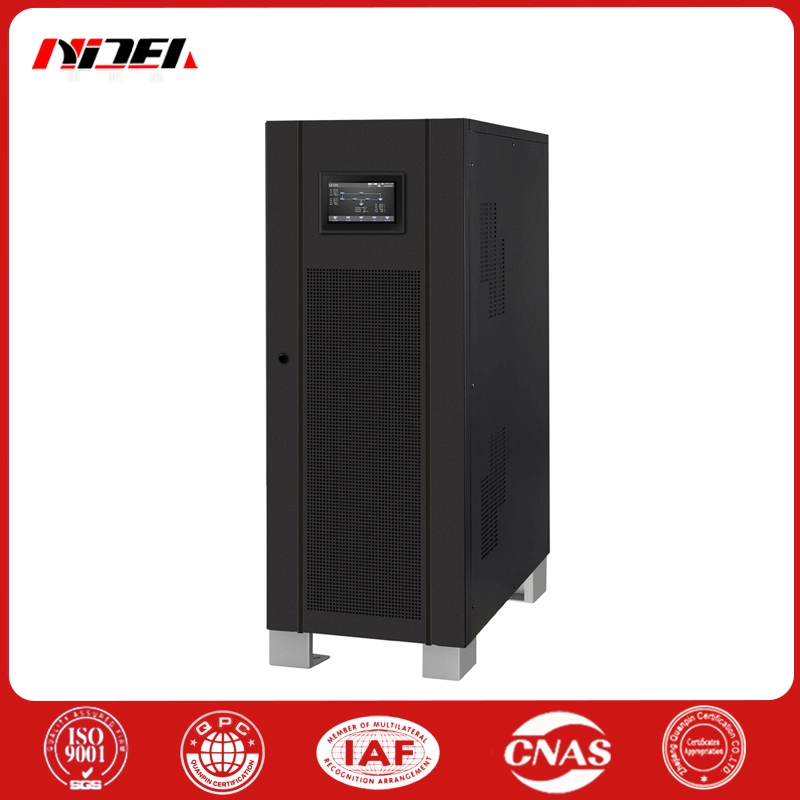The Basics of Uninterruptible Power Supply (UPS): Your Guide to Continuous Power
2024-12-25
In a world increasingly reliant on electronics, power interruptions can have costly consequences. Whether it’s safeguarding critical business operations or protecting your home devices, an Uninterruptible Power Supply (UPS) is a vital component. This blog will explore the basics of UPS systems and why they’re indispensable in today’s tech-driven environment.
What is a UPS?
An Uninterruptible Power Supply is an electrical device that provides backup power when the primary power source fails or experiences interruptions. Unlike generators, which take time to start, a UPS delivers immediate power, preventing disruptions to connected equipment.

How Does a UPS Work?
A UPS bridges the gap between a power outage and the restoration of power. Here’s how:
1. Normal Mode: It uses the main power to charge its internal batteries while supplying power to connected devices.
2. Backup Mode: When a power outage occurs, the UPS switches to its battery to supply uninterrupted power.
3. Voltage Regulation: Many UPS systems also protect against power surges, sags, and spikes.
Types of UPS Systems
1. Standby UPS:
Ideal for home or small office setups, it switches to battery power only during an outage or surge.
2. Line-Interactive UPS:
Designed for environments with frequent power fluctuations, this type offers better voltage regulation.
3. Online UPS:
Used for critical systems, it provides continuous power by always running on the battery, ensuring zero transfer time.
Benefits of Using a UPS
1. Uninterrupted Workflow:
Prevents downtime for businesses and ensures productivity.
2. Device Protection:
Shields electronics from power surges, spikes, and sags, extending their lifespan.
3. Data Security:
Prevents sudden shutdowns that can lead to data loss or corruption.
4. Emergency Preparedness:
Provides critical systems like medical devices or security equipment with backup power during outages.
Applications of UPS Systems
UPS systems are widely used across various sectors, including:
- Data Centers: To ensure uninterrupted operations and data integrity.
- Medical Facilities: For critical equipment like ventilators and monitors.
- Home Offices: To keep workstations running during blackouts.
- Industrial Settings: For machinery requiring stable power supply.
Conclusion
Investing in a UPS is not just about convenience—it’s about safeguarding your devices, data, and productivity. Whether for personal or professional use, a reliable UPS system can be a lifesaver during unexpected power disruptions.


